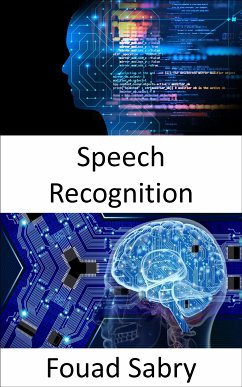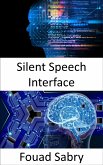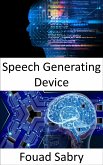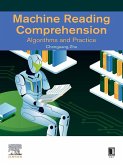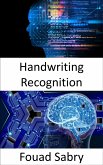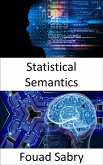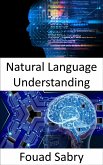What Is Speech Recognition
Computer science and computational linguistics include a subfield called speech recognition that focuses on the development of approaches and technologies that enable computers to recognize spoken language and translate it into text. Speech recognition is an interdisciplinary subfield of computer science. It is also known as computer speech recognition (CSR) and speech to text (STT). Another name for it is automatic speech recognition (ASR). The domains of computer science, linguistics, and computer engineering are all represented in its incorporation of knowledge and study. Speech synthesis is the process of doing things backwards.
How You Will Benefit
(I) Insights, and validations about the following topics:
Chapter 1: Speech recognition
Chapter 2: Computational linguistics
Chapter 3: Natural language processing
Chapter 4: Speech processing
Chapter 5: Pattern recognition
Chapter 6: Language model
Chapter 7: Deep learning
Chapter 8: Recurrent neural network
Chapter 9: Long short-term memory
Chapter 10: Voice computing
(II) Answering the public top questions about speech recognition.
(III) Real world examples for the usage of speech recognition in many fields.
(IV) 17 appendices to explain, briefly, 266 emerging technologies in each industry to have 360-degree full understanding of speech recognition' technologies.
Who This Book Is For
Professionals, undergraduate and graduate students, enthusiasts, hobbyists, and those who want to go beyond basic knowledge or information for any kind of speech recognition.
Computer science and computational linguistics include a subfield called speech recognition that focuses on the development of approaches and technologies that enable computers to recognize spoken language and translate it into text. Speech recognition is an interdisciplinary subfield of computer science. It is also known as computer speech recognition (CSR) and speech to text (STT). Another name for it is automatic speech recognition (ASR). The domains of computer science, linguistics, and computer engineering are all represented in its incorporation of knowledge and study. Speech synthesis is the process of doing things backwards.
How You Will Benefit
(I) Insights, and validations about the following topics:
Chapter 1: Speech recognition
Chapter 2: Computational linguistics
Chapter 3: Natural language processing
Chapter 4: Speech processing
Chapter 5: Pattern recognition
Chapter 6: Language model
Chapter 7: Deep learning
Chapter 8: Recurrent neural network
Chapter 9: Long short-term memory
Chapter 10: Voice computing
(II) Answering the public top questions about speech recognition.
(III) Real world examples for the usage of speech recognition in many fields.
(IV) 17 appendices to explain, briefly, 266 emerging technologies in each industry to have 360-degree full understanding of speech recognition' technologies.
Who This Book Is For
Professionals, undergraduate and graduate students, enthusiasts, hobbyists, and those who want to go beyond basic knowledge or information for any kind of speech recognition.
Dieser Download kann aus rechtlichen Gründen nur mit Rechnungsadresse in A, B, BG, CY, CZ, D, DK, EW, E, FIN, F, GR, H, IRL, I, LT, L, LR, M, NL, PL, P, R, S, SLO, SK ausgeliefert werden.

